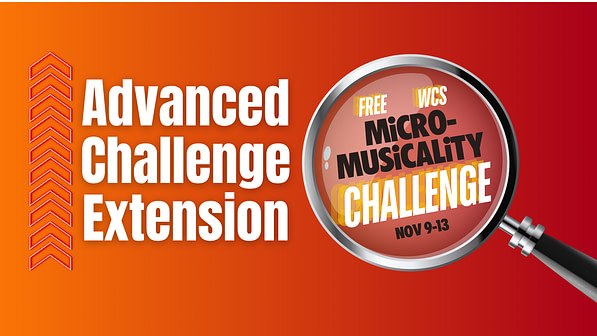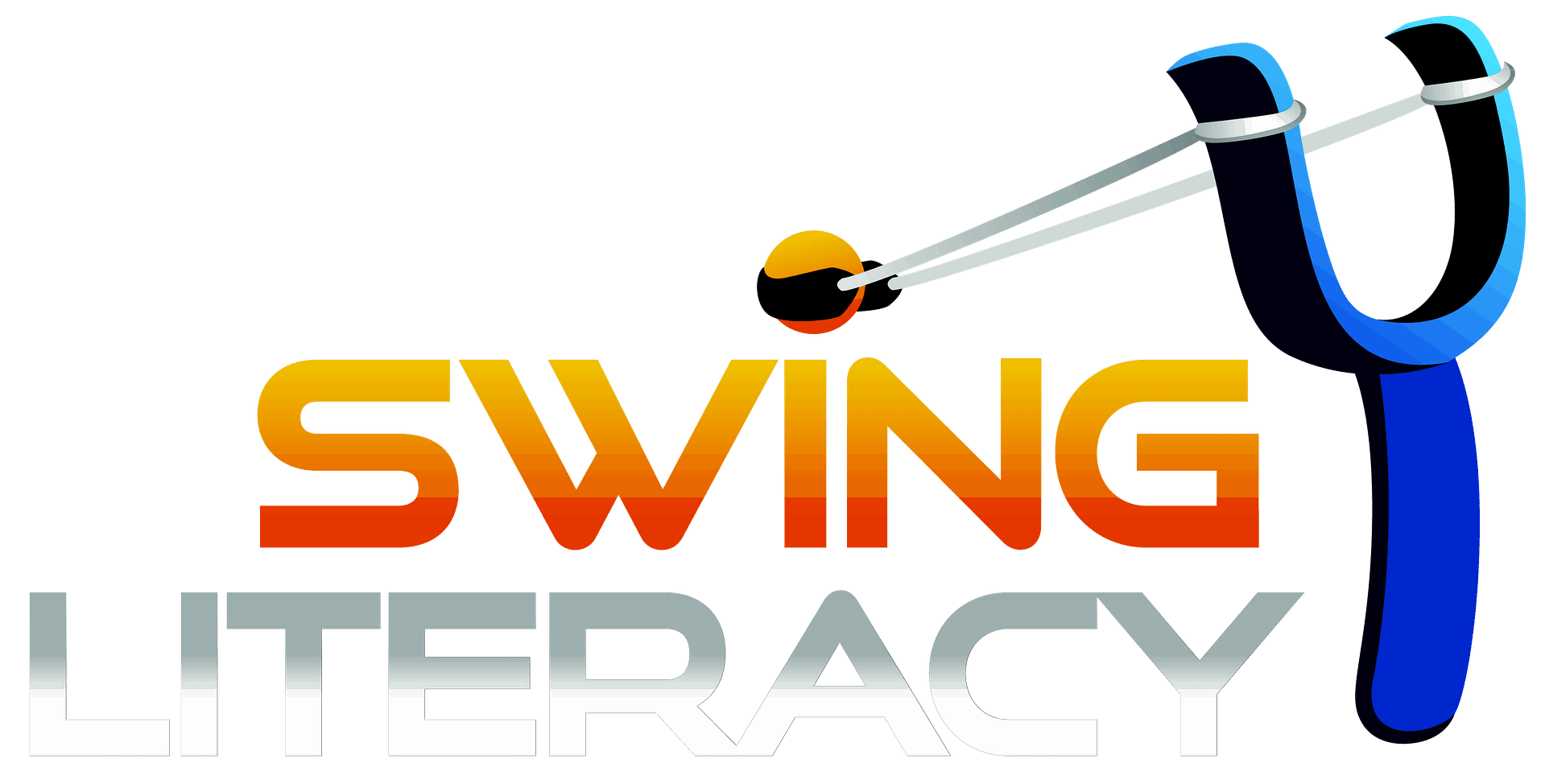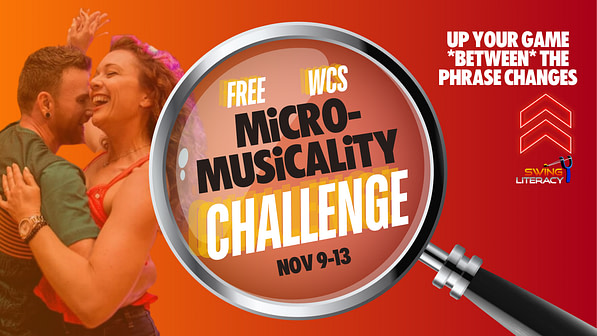No products in the cart.

What musicality is expected in each division
Reading Time: minutes remaining
Since there is no universal criteria for judging West Coast Swing competitions, if you're like most competitors, you're in the dark about what actual skills the judges are judging in Jack & Jills.
Musicality as an art is subjective, but as a skill it's quite easily defined. The question we get asked about it most often is:
which aspects of musicality should I be prioritizing in my competitive division?
Many lower level dancers are obsessing a little over hitting phrase changes when they can't even step on time, and higher level dancers are realizing that their neglect of training swung rhythm is kinda catching up to them now...
So without pulling out my comprehensive rubric, here's my elevator pitch to answer this question. You'll find that the majority of these skills are micro-musicality skills.
If you compete, you would be wise to up your micro-musicality game. And we have something PERFECT for you, so scroll to the end!
Adding musicality in Novice isn’t about phrase changes.
You might have heard about this macro-musicality game in workshops, but tracking phrases and being able to align your patterns to music is hard! Unless you have a rare brain, this kind of choreography on the fly is not easily accessible for the rest of us who prefer not to math on the floor.
Instead, you'll do great and have a good time if you focus on micro-musicality skills such as:
Adding musicality in Intermediate isn’t about tricks.
There’s so much hype about those macro-musicality phrase changes, but what we see as judges is Intermediate dancers so desperately trying to track them to get to that trick that they kinda forget to enjoy the journey in between them.
Bottom line? That one magic phrase change pose isn’t going to get you in finals (if you dance like a robot the rest of the song)
But showing off consistent MICRO-musicality will.
Here's what most judges expect from Intermediate competitors:
Adding musicality in Advanced isn’t about pantomiming.
Advanced dancers should be able to handle all their micro-musicality, so they can afford the bandwidth to devote to macro-musicality phrase tracking. But what we often see as judges is Advanced dancers so desperately trying to be musical between those phrase changes that they reach for the low-hanging fruit: pantomiming.
Hard truth: your charades are not dancing. They could be fun and funny if you danced them. But if you stop dancing to do jumping jacks to Baby Workout, this is a comedy bit, not showing Advanced West Coast Swing musicality.
It’s especially egregious when you abandon your partner to steal the spotlight for your comedic indulgence.
What’s the solution?
Show off your micro-musicality throughout the song to prove your skills and earn that silly moment. Jam that footwork and show that you can hang at 130bpm.
Then when you get that urge to pantomime, try to make it dance: in Baby Workout, do squats during the dip, obv.
Here's what most judges expect from Advanced competitors:
Does your WCS need an upgrade in Micro-Musicality?
🫤 Feel bored with your repertoire?
🫤 Obsessing a little over the phrase changes?
🫤 Can’t react fast enough to all the little accents you hear?
Join us online Nov 9-13, 2024 for this FREE 5-Day Micro-Musicality Challenge
Over 5 days we'll guide you through a strategically structured series of fun follow-along drills ONLINE that will help you upgrade your MICRO-Musicality:
Micro-musicality = your reaction time, rhythms, and repertoire for more West Coast Swing musicality *between* the phrase changes, with any partner and any song…
…so your body can “sing along” throughout the whole song (instead of just hitting the macro-musicality “big moments” which require choreography on the fly)
Intermediate or higher?
Upgrade to the Advanced Challenge Extension to get harder drills with more complexity, movement dynamics, and a live Zoom coaching call and personal feedback for those who need to be challenged more.
Look for this option after registering.


